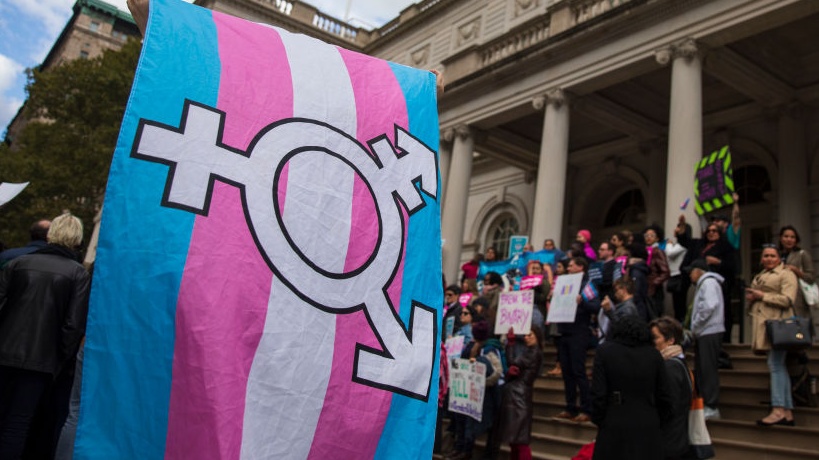A lawsuit brought by three Pennsylvanian women in commonwealth court challenges a 20-year-old provision that prevents individuals convicted of certain felonies from legally changing their names.
Patrick Yingling, one of the attorneys representing the transgender women in the suit, described the purpose of the provision to the Philadelphia Inquirer as an attempt to stop those with felonies from fraudulently obtaining a name change to avoid things like financial obligations, but the individuals in his case were convicted of their crimes before they identified as women.
“There is a big problem with the law. It ends up prohibiting a lot of people with legitimate reasons for getting a name change,” said Yingling. “In particular, for transgender people, they just want a name change that reflects their identity and true gender.”
Alonda Talley, a Philadelphia transgender woman who was convicted of aggravated assault in 2009 cannot change her identification from her birth name, described in an affidavit filed with the lawsuit how that has complicated her life.
“I have been harassed and insulted by police who have repeatedly insisted that Adolphus is not my ‘real name’ and demanded I provide my ‘real name,' " Talley said in the affidavit. “Police have threatened to arrest me for ‘misrepresentations’ or ‘false pretenses’ after they demanded I provide my identification and then perceived a mismatch with my identity.”
Others listed in the lawsuit shared stories of harassment as a result of not being able to match their current physical identification with their government-issued identification.
“I have endured abuse, harassment, and humiliation from police, employers, coworkers and other service providers, such as bank employees," Chauntey Mo’Nique Porter, who was convicted of aggravated assault in 2008, said. "Recently while attending a club with friends, a bouncer viewed my government-issued identification card and announced ‘That’s a dude!’ to surrounding patrons.”
The provision bars those convicted of certain felonies, including rape and aggravated assault, from ever obtaining a name change while those convicted of other felonies can change their name after a two-year waiting period.
